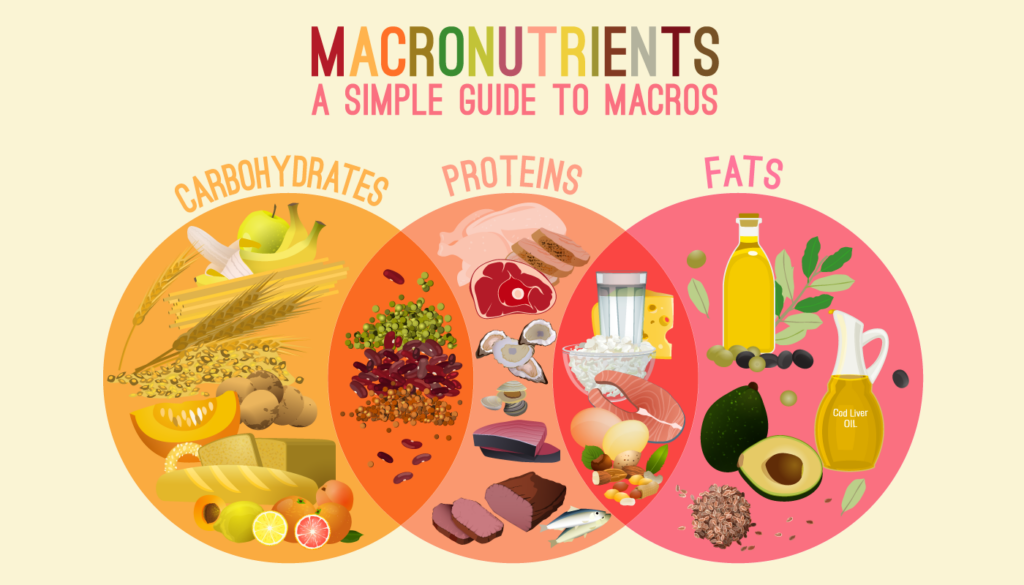
Welcome to your journey towards sustainable weight loss, where the focus is not just on losing weight, but doing it in a way that promotes a healthy lifestyle and long-term success. This guide is designed to provide you with a comprehensive understanding of how to achieve and maintain a healthy weight through a balanced approach to nutrition, physical activity, and overall wellness.
The cornerstone of sustainable weight loss is creating a calorie deficit: burning more calories than you consume. However, it's crucial to focus on losing fat, not just weight. This approach ensures that you're not just seeing a lower number on the scale, but also achieving a healthier body composition. You can use a fitness tracker like the Apple Watch to track your daily calories burnt, that is a great tool to ensure that you are on track.

To effectively manage your calorie intake, prioritize nutrient-dense foods that offer more nutrition per calorie. This includes a variety of fruits, vegetables, whole grains, and lean proteins. Additionally, incorporating regular physical activity into your daily routine, beyond structured exercises, can significantly contribute to creating a calorie deficit and promoting a healthy weight.
For more insights, visit our Nutrition Guide

While a calorie deficit is necessary for weight loss, preserving muscle mass is equally important. A balanced diet rich in protein, healthy fats, and carbohydrates is key to this. Protein is essential for muscle health, not just for building but also for repairing and maintaining it. Include lean meats, dairy, or plant-based sources like beans and lentils in your diet.
Healthy fats are crucial for hormonal balance, which is vital for muscle growth and repair. Avocados, nuts, and olive oil are excellent sources.
Carbohydrates, especially complex ones like whole grains, fruits, and vegetables, provide the energy needed for physical activity and help preserve muscle mass during weight loss.
Staying hydrated is also crucial for overall health and aids in weight loss. Water helps metabolize fat and keeps you full, reducing the likelihood of overeating. Aim for at least 8 glasses of water a day, more if engaging in intense physical activity.
Lifting weights is an essential part of a weight loss regimen, especially for those aiming to preserve muscle mass. Resistance training, such as weight lifting, body weight exercises, and resistance band workouts, not only builds muscle but also enhances metabolism, allowing you to burn more calories even at rest.
Resistance training can be adapted to all fitness levels and should be a part of your regular exercise routine. It's not just about the amount of weight lifted but also about the variety of exercises targeting different muscle groups. This ensures a comprehensive workout that benefits your entire body, supporting weight loss and overall health.
For guidance on starting a weight training program, visit our page on Fasted Cardio for Optimal Weight Loss.
Your body's response to weight loss can be likened to a city using its resources. When you consume fewer calories than needed, your body turns to its fat stores for energy, a process known as lipolysis. However, it's important to ensure that your muscles, the workers of this city, are well-fueled. This is where a balanced diet rich in protein comes into play, along with regular exercise to keep these workers active and healthy.
Hormones like leptin play a significant role in regulating appetite and metabolism. A balanced diet and regular physical activity help regulate these hormones, aiding in efficient and healthy weight loss. Additionally, your eating pattern, including meal timing and frequency, can impact your weight loss journey. Opting for smaller, more frequent meals can help maintain steady energy levels and reduce cravings.
Effective weight management involves understanding and managing your calorie intake. Knowing your Basal Metabolic Rate (BMR) is a good starting point. It's the number of calories your body needs to maintain basic functions at rest. Add the calories burned during physical activity to this number for a more accurate daily calorie requirement.
You can calculate your BMR and daily caloric needs using our Calories and Macro Calculator.
Setting a realistic caloric goal is crucial. Aiming for a 500-calorie deficit daily can lead to sustainable weight loss, aligning with your weight loss goal while maintaining muscle mass. Periodic breaks from calorie restriction, such as eating at maintenance calories for a week or two, can reset your metabolism and prevent plateaus. When you are clear with the calories & different macronutrients needed, use an app like Myfitnesspal https://www.myfitnesspal.com/ to help you keep everything on track. It's the best way to avoid “Extra eating”.
Understanding macronutrients is also essential. Carbohydrates, proteins, and fats each play a unique role in your body. Balancing these according to your individual needs and fitness goals is key to effective weight management. Consulting with a nutritionist can provide personalized tips tailored to your lifestyle and health objectives.
Understanding the myths and truths about weight loss is crucial for a healthy approach. Processed foods, often labeled as unhealthy, can be part of a balanced diet when consumed in moderation and chosen wisely. Supplements, while supportive, should not replace a well-rounded diet and regular exercise.
It's important to recognize that weight loss is a unique journey for each individual. What works for one person may not work for another. Being informed and mindful about these aspects can help you make better choices for your overall health and weight loss goal.
Mental health plays a significant role in weight loss. Stress, sleep quality, and emotional well-being significantly impact your ability to lose weight and maintain a healthy lifestyle. Managing stress through techniques like meditation, adequate sleep, and seeking support when needed can be just as important as physical activity and nutrition in your weight loss journey.
Learn more about how to manage stress effectively in our Guide to Mental Wellness.
Creating a conducive sleep environment and reducing screen time before bed can improve sleep quality. Remember, sleep is not just about quantity but also about quality. Ensuring a restful night's sleep supports both your physical and mental health, contributing to a successful weight loss journey.
Embarking on a weight loss journey is about more than just reducing calorie intake; it's about embracing a holistic approach that includes balanced nutrition, regular physical activity, adequate sleep, and mental well-being. By understanding your body and making informed choices, you can achieve your weight loss goals while maintaining a healthy lifestyle and sustainable weight.
Remember, weight loss is a journey, not a race. It requires patience, consistency, and a commitment to your overall health. With the right knowledge and approach, you can embark on this journey with confidence, taking steps towards a healthier, happier you.